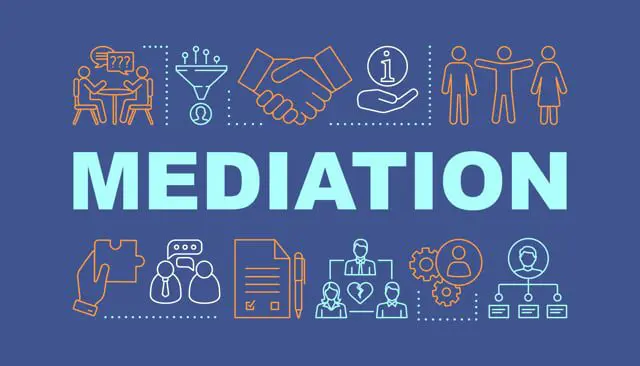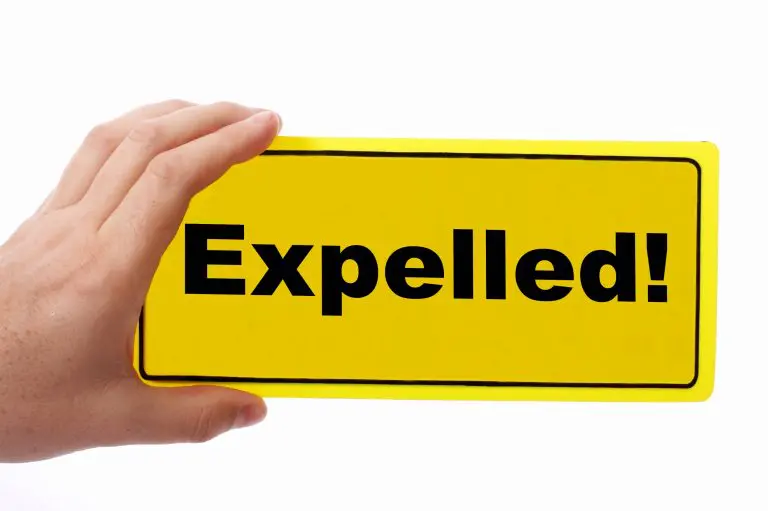Urban development laws are a crucial aspect of city planning and construction, ensuring that growth is managed in a way that is sustainable, equitable, and compliant with legal standards. Understanding these regulations is essential for developers, city planners, and profesionales del derecho involved in urban development projects. This article explores the key legal regulations and policies governing urban development.
Historical Context of Urban Development Laws
Early Urban Planning
The roots of urban development laws can be traced back to ancient civilizations where city planning was essential for managing population growth, resources, and infrastructure. The Roman Empire, for instance, implemented complex regulations to manage urban development, including building codes and zoning laws to ensure public safety and order.
Evolution of Modern Urban Development Laws
In the United States, the progression of urban development laws began in earnest in the early 20th century with the advent of zoning laws. The 1916 Zoning Resolution in New York City was one of the first comprehensive zoning laws, setting a precedent for other cities to manage land use, building heights, and densities. Over the years, urban development laws have evolved to address contemporary issues such as environmental protection, affordable housing, and sustainable development.
Key Principles and Concepts
Definition and Scope of Urban Development Laws
Urban development laws encompass a wide range of regulations and policies designed to manage the growth and development of urban areas. These laws address land use, zoning, building codes, environmental impact, and public infrastructure. The primary goal is to create orderly, safe, and sustainable urban environments.
Zoning Laws
Zoning laws are a fundamental component of urban development regulations. They dictate how land can be used in different parts of a city, specifying areas for residential, commercial, industrial, and recreational use. Zoning laws help to prevent conflicts between different land uses, protect property values, and ensure the efficient use of resources.
Building Codes
Building codes establish the standards for construction and safety in urban development. These codes cover various aspects of building design and construction, including structural integrity, fire safety, electrical systems, plumbing, and accessibility. Compliance with building codes is essential to ensure the safety and habitability of urban structures.
Land Use Regulations
Land use regulations govern how land in urban areas can be developed and used. These regulations include zoning laws, subdivision regulations, and land development ordinances. They aim to balance the needs of growth and development with protección del medio ambiente, public health, and community welfare.
Compliance and Enforcement
Permitting and Approval Processes
Obtaining the necessary permits and approvals is a critical aspect of urban development compliance. Developers must navigate a complex web of regulations and agencies to secure the required permissions for their projects. This process typically involves submitting detailed plans, undergoing environmental reviews, and obtaining approvals from various municipal and state authorities.
Environmental Impact Assessments
Environmental impact assessments (EIAs) are a vital tool for evaluating the potential effects of urban development projects on the environment. EIAs help to identify and mitigate adverse environmental impacts, ensuring that development is sustainable and compliant with environmental regulations. Developers must conduct thorough EIAs and implement measures to minimize their projects’ environmental footprint.
Inspections and Enforcement
Regulatory agencies conduct inspections to ensure that urban development projects comply with all applicable laws and standards. These inspections cover various stages of the development process, from initial site preparation to final construction. Non-compliance can result in fines, project delays, or legal action. Developers must work closely with inspectors and regulatory agencies to address any issues promptly and ensure compliance.
Current Trends and Debates
Sustainable Urban Development
Sustainable urban development is a growing focus in contemporary city planning. This approach emphasizes the need to balance economic growth with environmental protection and social equity. Policies promoting green building practices, renewable energy, and efficient resource use are becoming increasingly common in urban development laws.
Affordable Housing and Inclusionary Zoning
Affordable housing remains a critical issue in many urban areas. Inclusionary zoning laws are one tool used to address this challenge, requiring developers to include a certain percentage of affordable units in new residential projects. These laws aim to create mixed-income communities and ensure that urban growth benefits all residents.
Smart Cities and Technological Integration
The concept of smart cities involves integrating technology and data analytics into urban planning and development. This includes using sensors, IoT devices, and data platforms to improve infrastructure efficiency, reduce energy consumption, and enhance public services. Urban development laws are evolving to accommodate and regulate the implementation of smart city technologies.
The Role of Urban Development Attorneys
Urban development attorneys play a crucial role in navigating the complex legal landscape of urban development. These legal professionals provide essential services to developers, city planners, and municipalities, ensuring compliance with all relevant regulations and facilitating the successful completion of development projects.
Key Responsibilities of Urban Development Attorneys
- Cumplimiento de la normativa: Urban development attorneys assist clients in understanding and complying with all applicable laws and regulations. This includes zoning laws, building codes, environmental regulations, and land use policies. They provide guidance on obtaining necessary permits and approvals and ensure that projects adhere to all legal requirements.
- Land Use and Zoning: Attorneys specializing in land use and zoning help clients navigate the complexities of zoning ordinances and land use regulations. They assist in securing zoning variances, special use permits, and rezoning approvals, ensuring that projects align with municipal planning goals and legal standards.
- Litigation and Dispute Resolution: Urban development attorneys represent clients in legal disputes related to urban development. This includes challenging adverse zoning decisions, defending against enforcement actions, and resolving conflicts with neighboring property owners. Their expertise in litigation and dispute resolution is vital for protecting clients’ interests and achieving favorable outcomes.
Finding an Urban Development Attorney on Attorneys.Media
To locate a qualified urban development attorney using Attorneys.Media, follow these steps:
- Visit the Attorneys.Media Website: Navigate to the Attorneys.Media website, which offers a comprehensive directory of legal professionals across various specializations.
- Utilize the Search Function: Use the search bar to enter specific terms such as “urban development attorney” or “land use lawyer.” This will filter the search results to display attorneys who specialize in urban development law.
- Browse Relevant Categories: Navigate to the relevant categories such as “Urban Development Law” or “Land Use.” These categories are specifically designed to help users find attorneys with expertise in urban development legal issues.
- Review Attorney Profiles: Click on individual attorney profiles to review their qualifications, experience, and areas of specialization. Look for attorneys who have significant experience handling urban development matters and a proven track record of successful project completions and legal compliance.
- Contact Potential Attorneys: Once you identify potential attorneys, contact them to discuss your urban development needs. Many attorneys offer free initial consultations, providing an opportunity to assess their suitability for your project and understand their approach to handling urban development law matters.
Compliance and Best Practices
Regular Training and Updates
Urban development professionals must stay informed about changes in laws and regulations. Regular training sessions and updates for staff can help ensure that everyone involved in the development process is aware of their responsibilities and any new requirements. This is particularly important for large projects that involve multiple stakeholders and complex regulatory environments.
Implementing Effective Systems
Effective systems and processes are essential for managing urban development compliance. This includes using reliable project management software that can handle scheduling, budgeting, and regulatory tracking. Establishing clear procedures for record-keeping, inspections, and compliance reporting is also crucial for ensuring that projects adhere to all applicable laws.
Seeking Professional Advice
Given the complexity of urban development laws, seeking professional advice from urban development attorneys or consultants is often a wise investment. These experts can provide tailored guidance and help developers navigate the intricacies of compliance. Regular consultations with legal professionals can help identify potential issues before they become significant problems, ensuring that projects remain on track and within legal parameters.
Conclusión
Understanding urban development laws is essential for successful city planning and construction projects. By being informed and aware of the intricacies of these laws, developers, city planners, and legal professionals can ensure compliance and protect their interests. From historical developments to key principles and current trends, this comprehensive guide provides the essential knowledge needed to navigate urban development regulations effectively.
Compliance with urban development laws involves more than just obtaining permits and adhering to building codes. It requires a comprehensive approach that includes regular training, effective systems, and professional advice. By adopting best practices and staying informed about changes in the law, urban development professionals can manage their obligations more effectively.
Abogados.Media offers a valuable resource for locating experienced urban development attorneys who can provide the necessary legal guidance and representation. By leveraging this platform, professionals can access the expertise required to address urban development compliance, planning, and dispute resolution effectively. Ensure your projects stay compliant, protect your financial interests, and seek professional advice when needed to navigate the complexities of urban development laws successfully.








